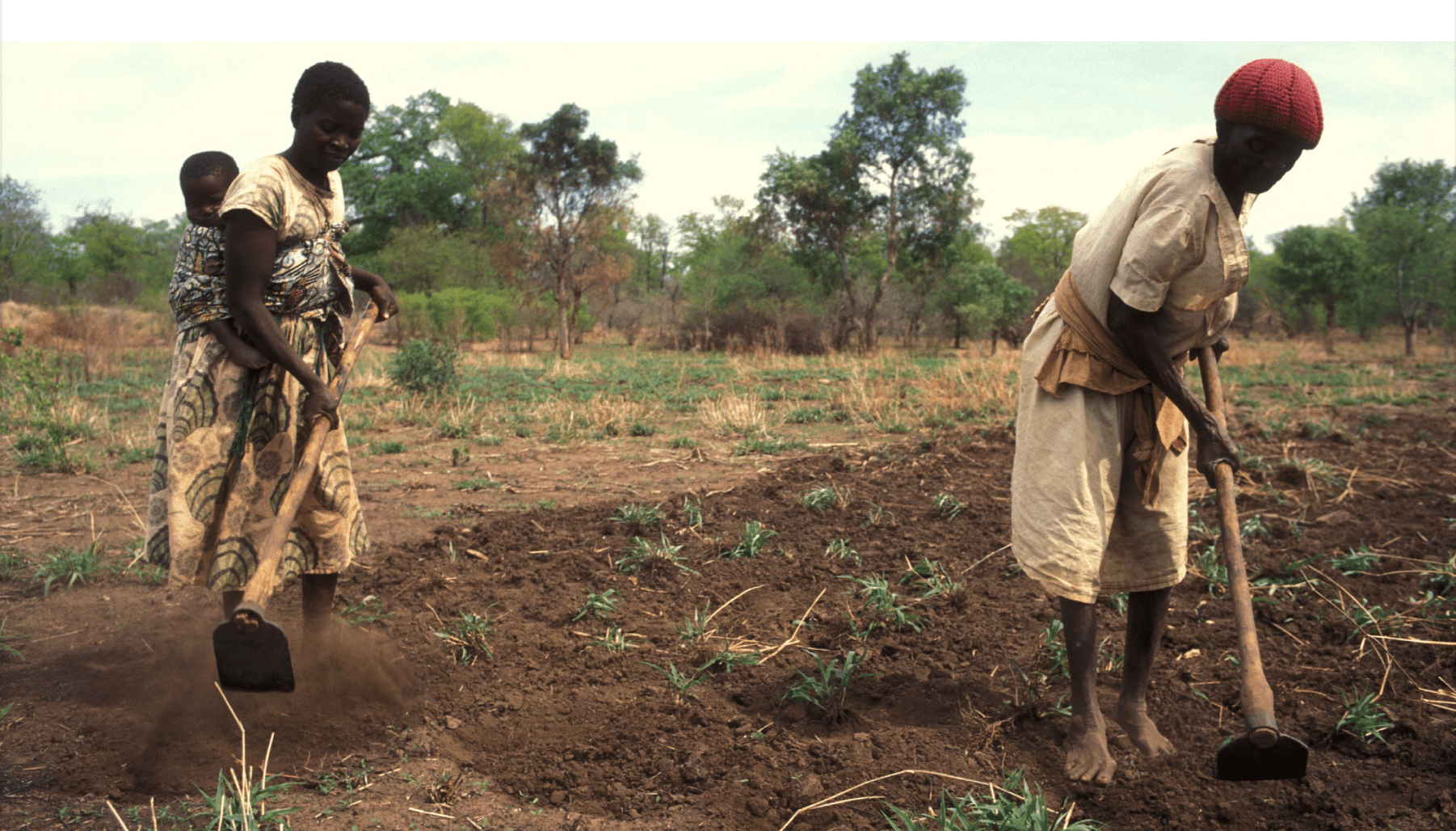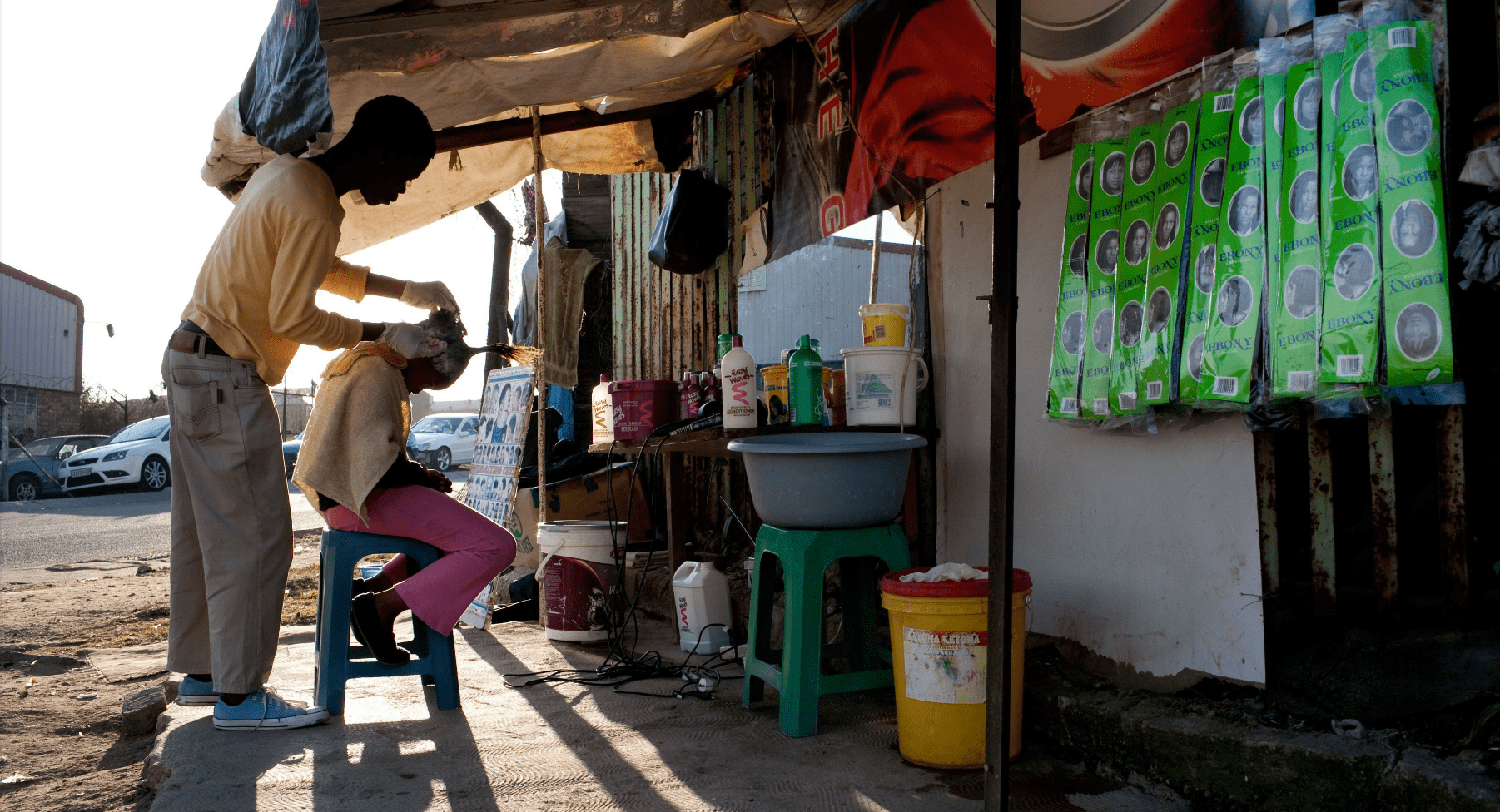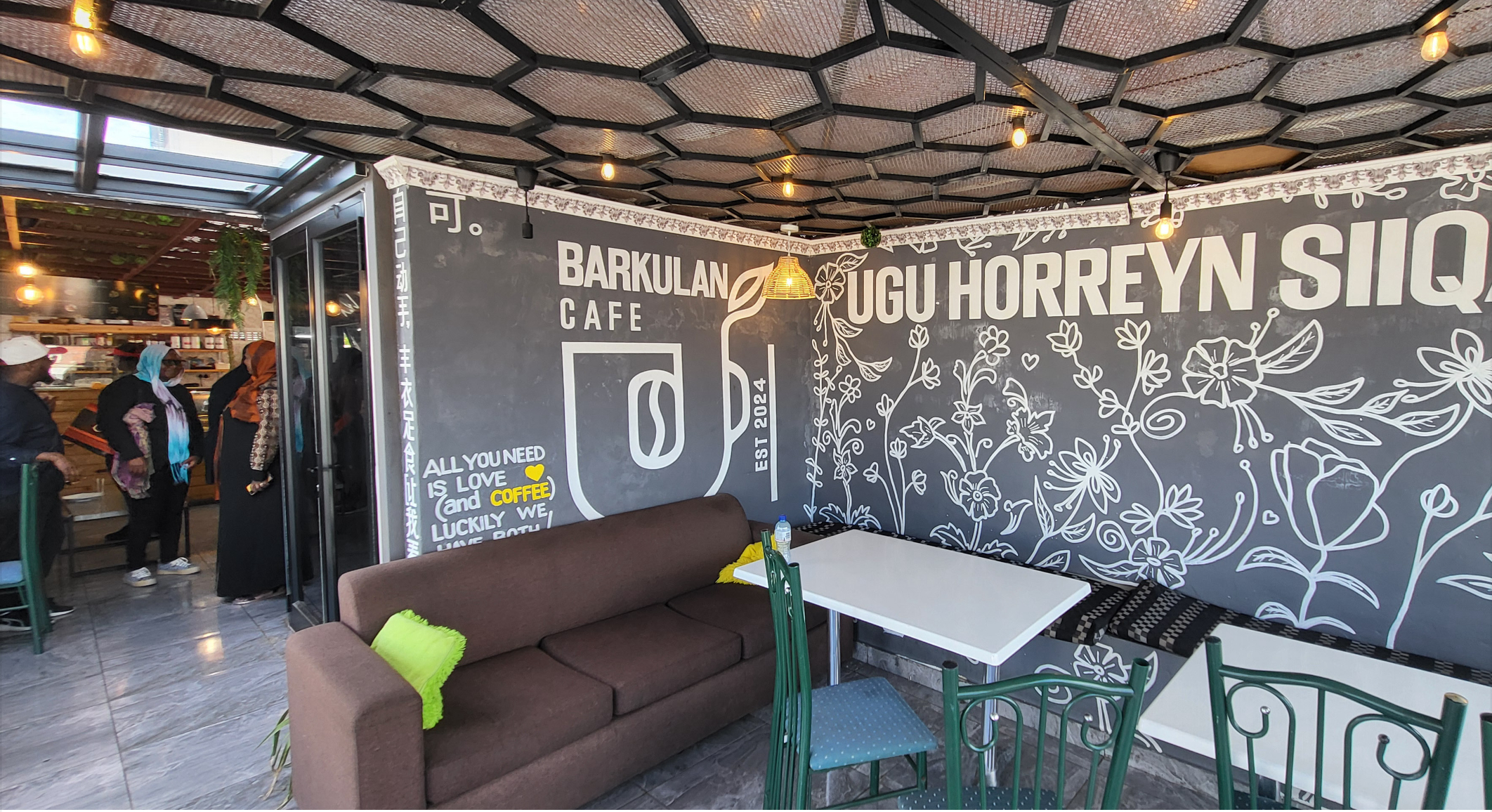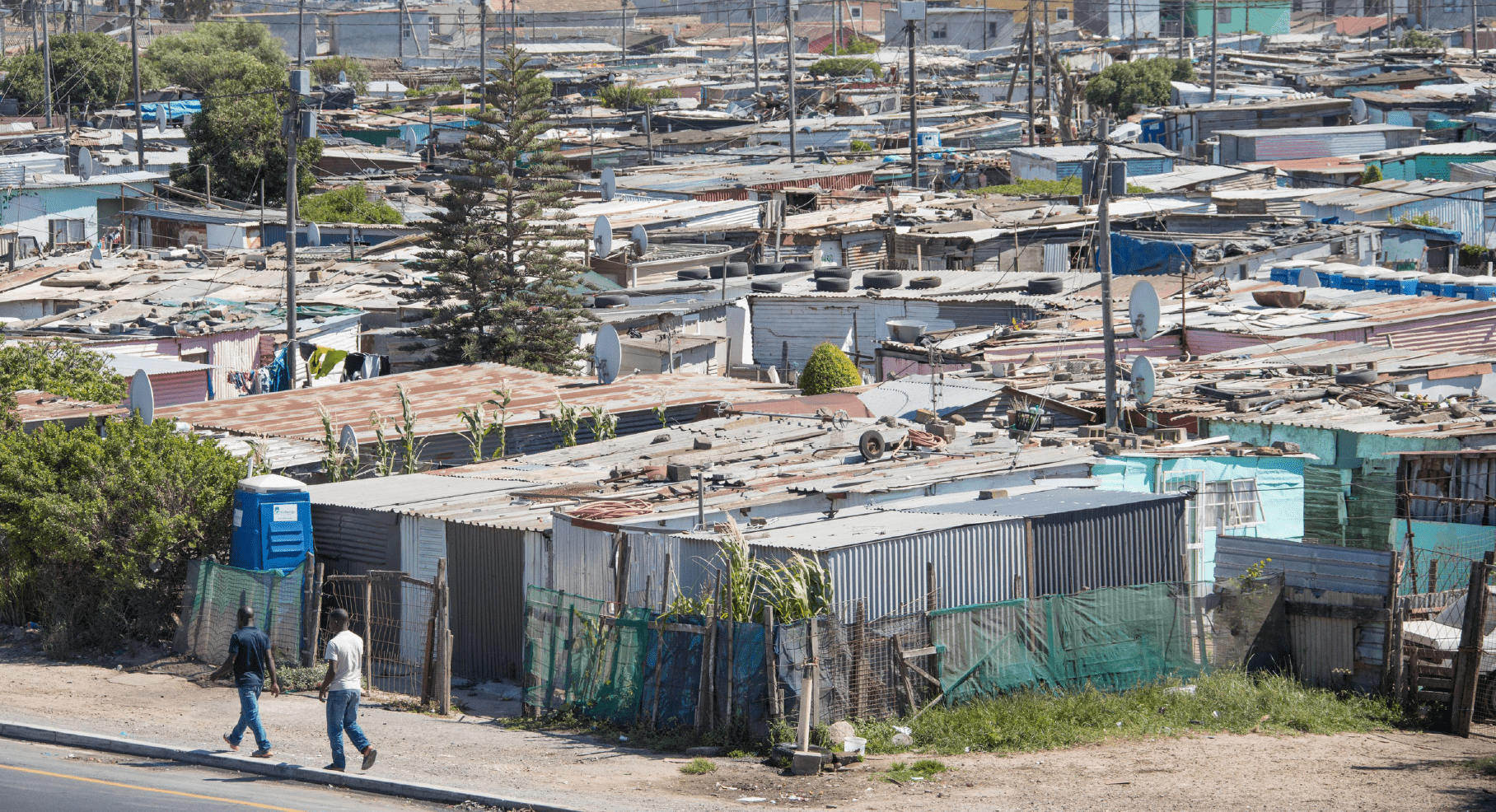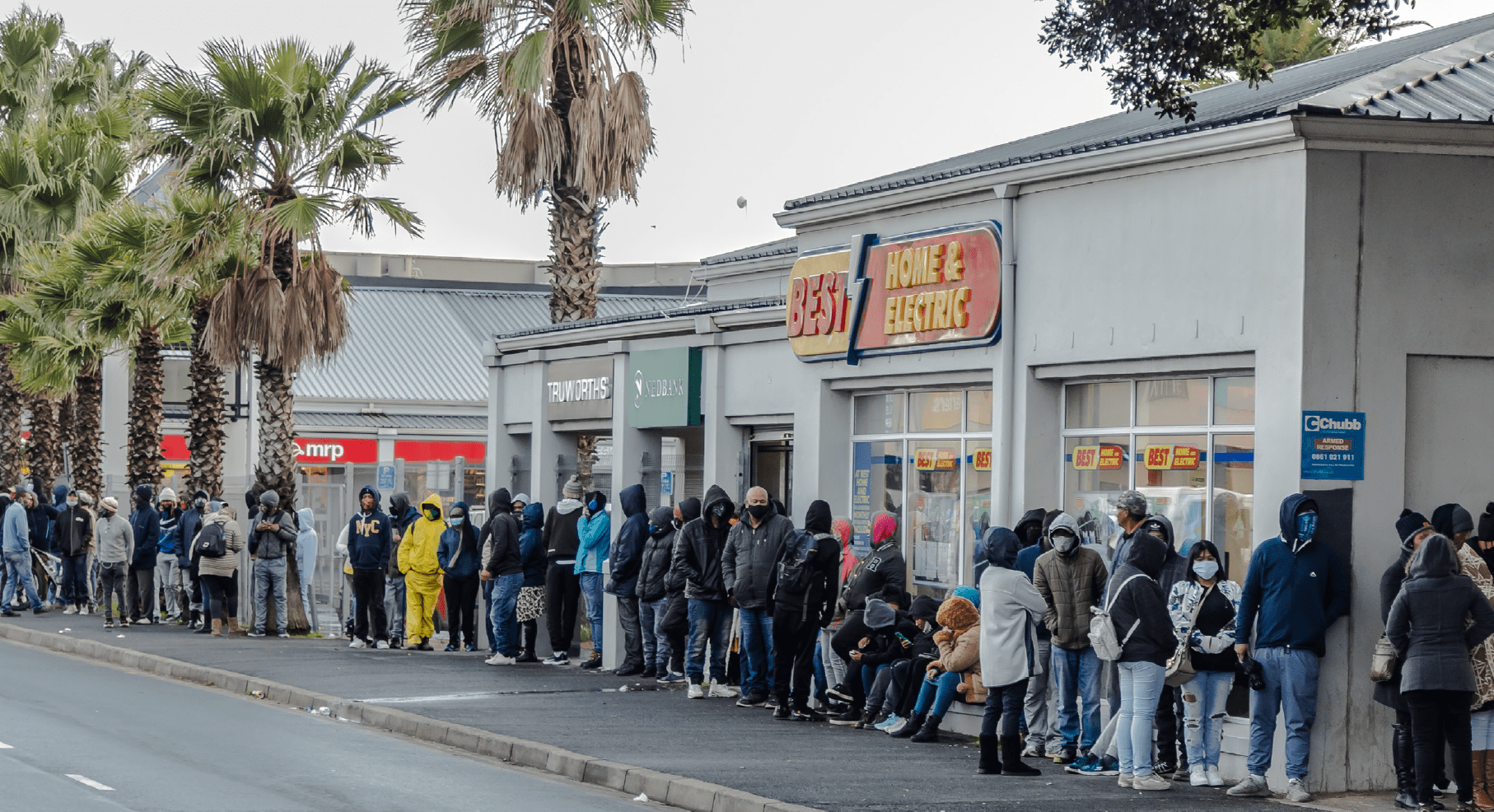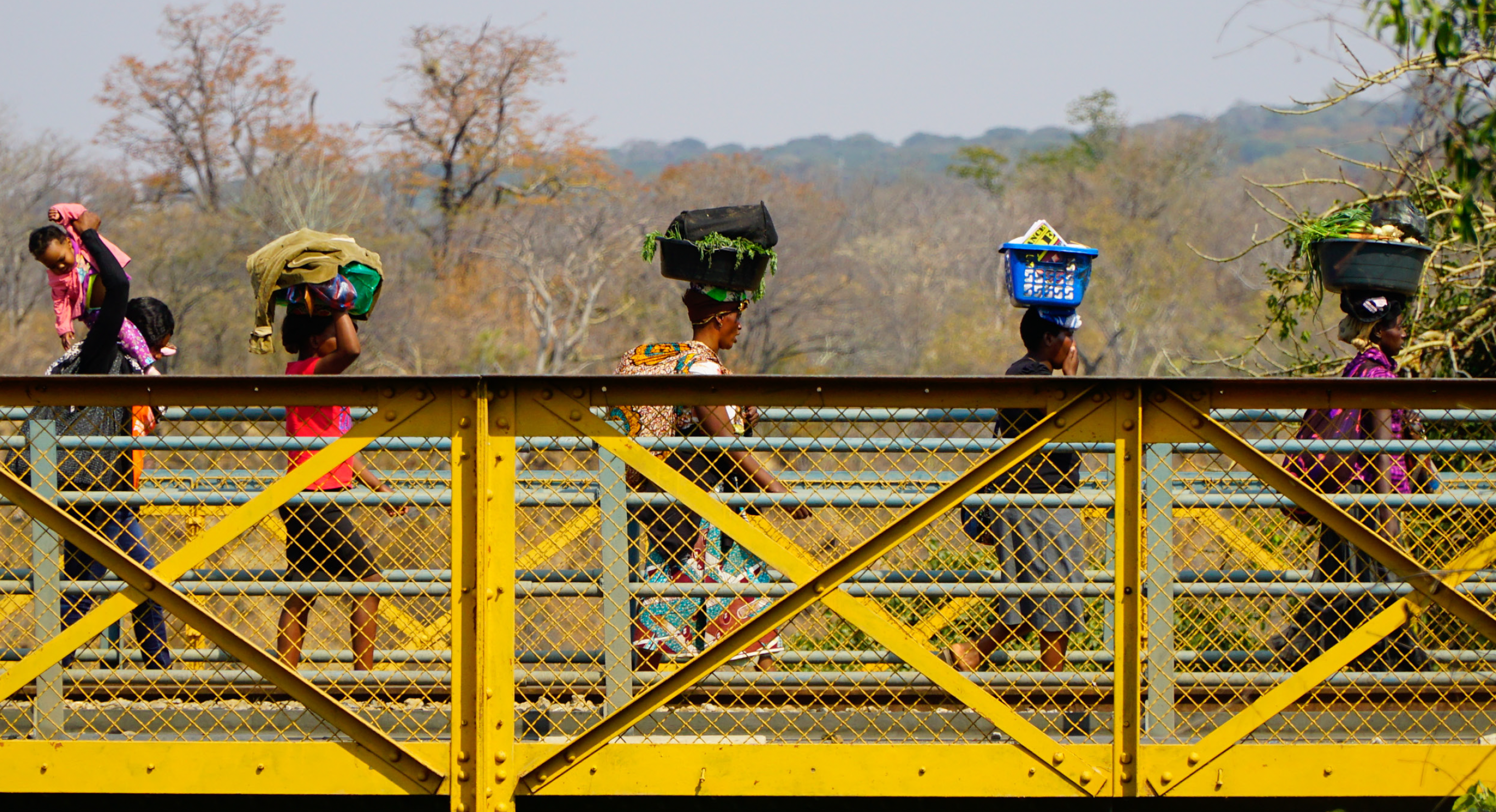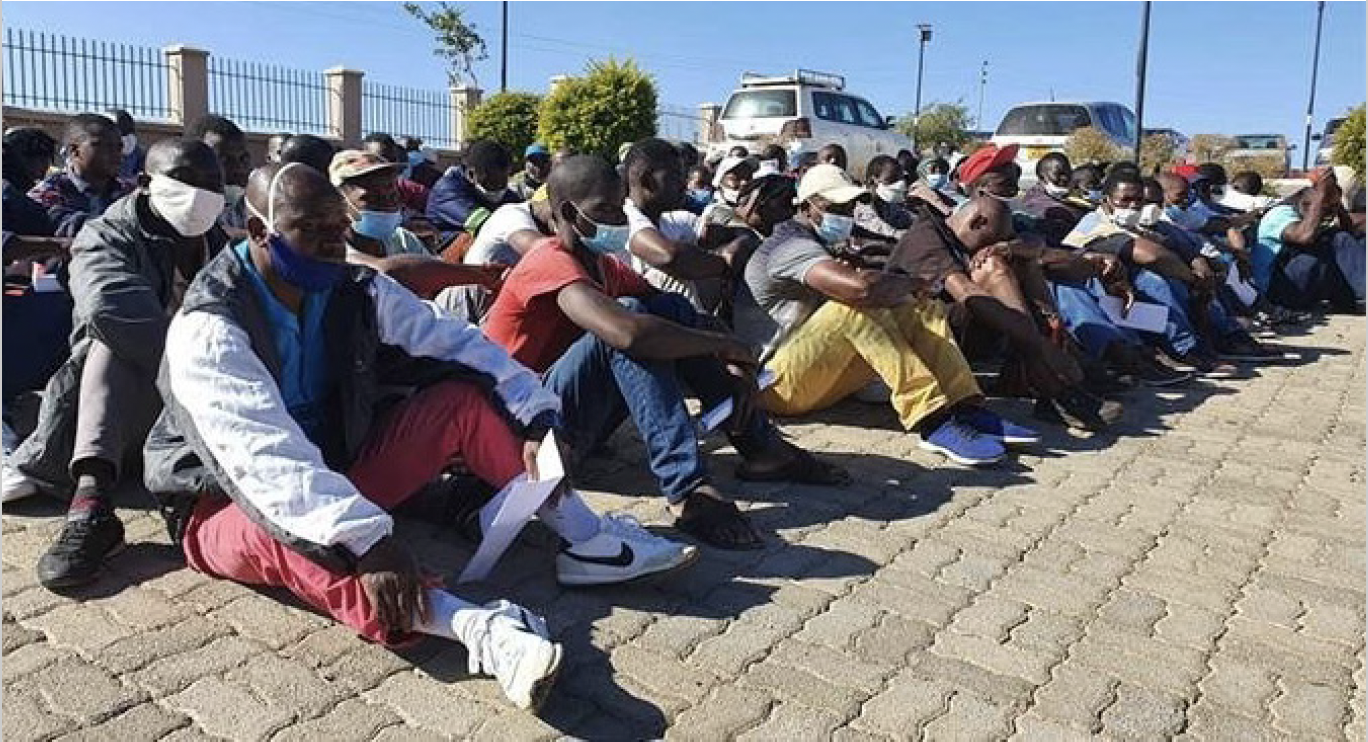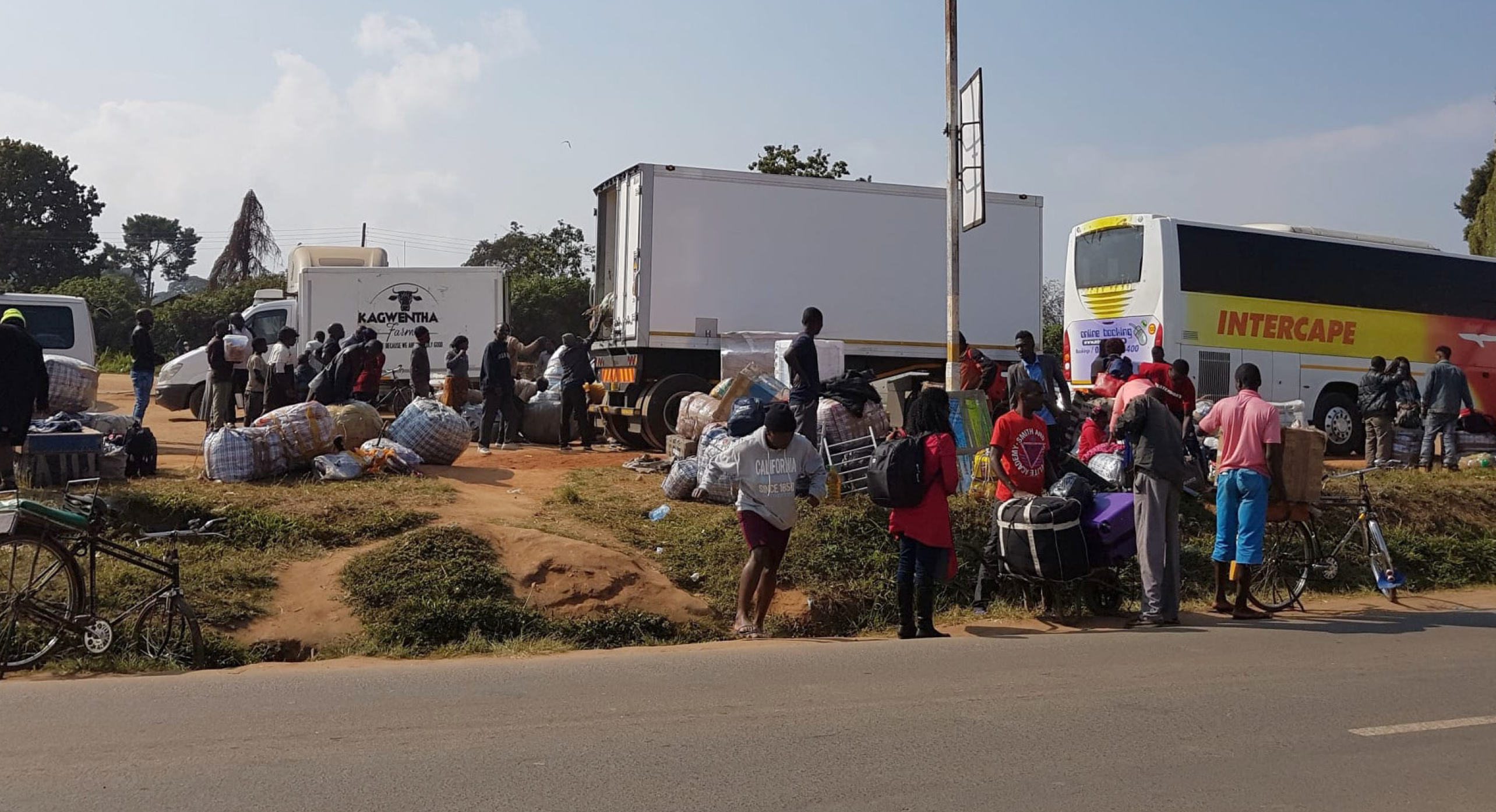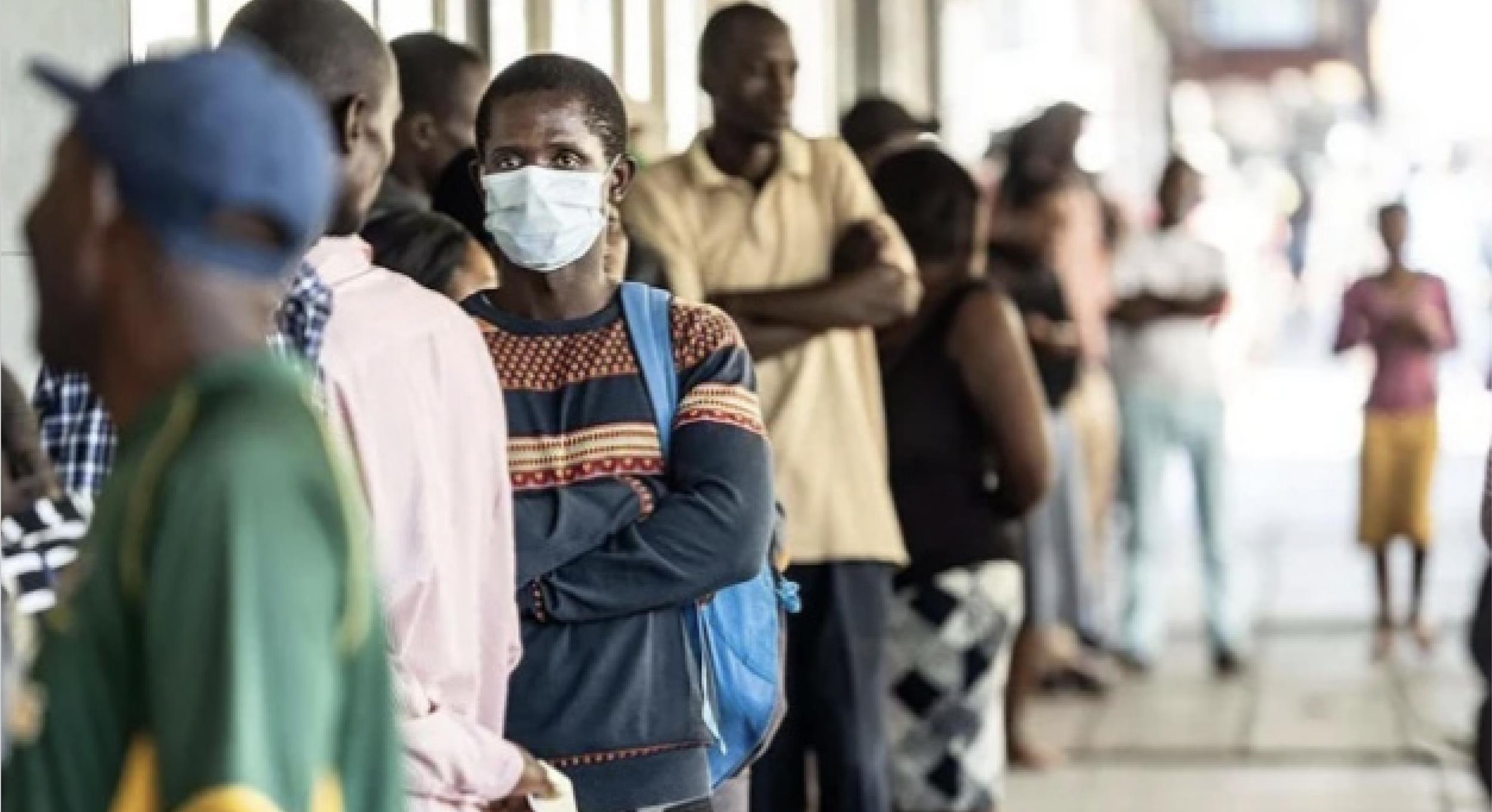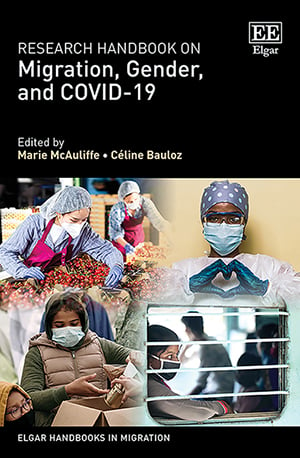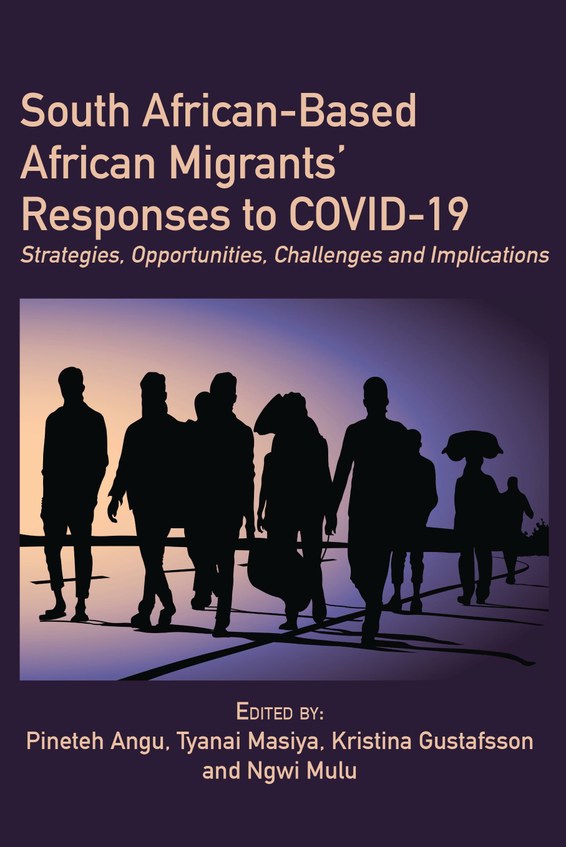SOUTH AFRICA
As a result of its vibrant economy and democratic establishments, South Africa has become a leading destination for migrants from across Africa and beyond. A wide range of international migrants, both documented and undocumented, have settled in the country, including economic migrants, asylum seekers, and refugees. While the exact number of international migrants is contested, the 2022 South African Census estimated their population to exceed 2.4 million. The top migrant-sending countries in South Africa include Zimbabwe, Mozambique, Lesotho, Malawi, the United Kingdom and Ethiopia. Income earned by international migrants in South Africa is crucial in supporting their families back home through remittances. Outbound remittances from South Africa exceeded US$1 billion in 2023, a figure that would be substantially higher if informal flows were included. International migrants in South Africa face numerous challenges, including discrimination, workplace exploitation and limited access to education, healthcare, and other services due to their nationality or undocumented status. Moreover, food insecurity poses a significant challenge in the country. Food insecurity exacerbates challenges for international migrants, especially the undocumented ones, amid declining economic conditions. These migrants often have limited or no access to social relief programs or grants, exacerbating their vulnerability to food insecurity and other hardships.


